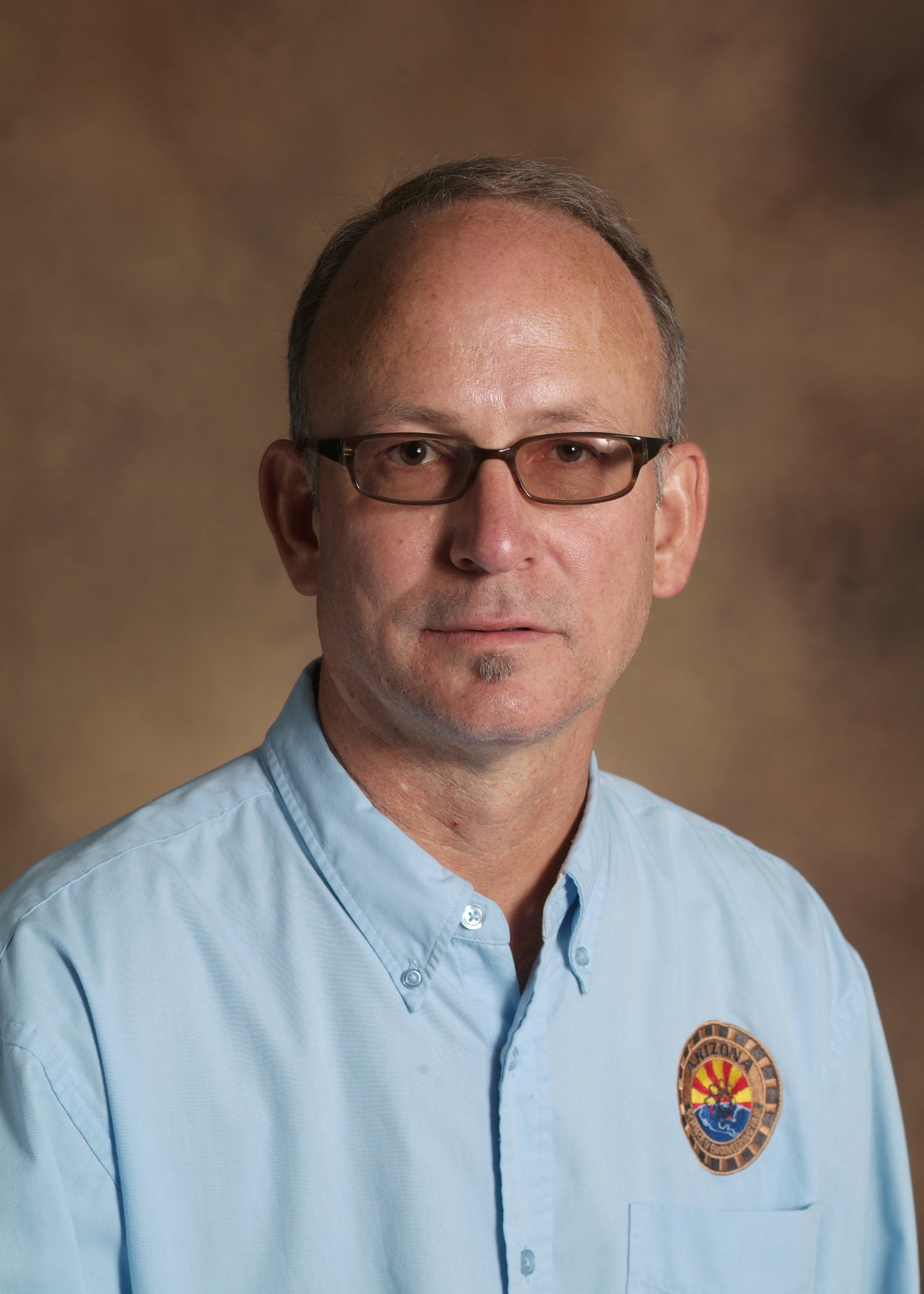Roger Johnson, Ph.D. has been appointed by the Biodesign Institute at Arizona State University as director of strategic initiatives. Johnson will lead strategic initiatives between the Biodesign Institute and a variety of health care, industrial, non-profit and governmental organizations.

Roger Johnson, Ph.D.
“Dr. Johnson is an extremely talented engineer, inventor and research scientist, and has a strong track record of taking large, complex multidisciplinary research projects and seeing them through from basic discovery to the marketplace,” said Raymond DuBois, executive director of the Biodesign Institute. “He will be working hard to pursue new research funding opportunities, and linking the work of our research teams with clinical and industrial partners. We are extremely fortunate to be able to tap his expertise, particularly as the Biodesign Institute moves forward to significantly expand its research portfolio.”
The Biodesign Institute’s is Arizona’s largest bioscience research facility, and its research mission addresses critical global challenges developing solutions inspired from natural systems that are then translated into commercially viable products and practices. This approach includes more than 500 research scientists, staff and students organized into 11 research centers that generate $45 million in annual research expenditures, with strengths in personalized medicine, diagnostic systems and devices, cancer research, vaccine platforms, alternative energy solutions, bioremediation technologies and national security. In 2009, The Institute won the State’s 2009 Excellence in Economic Development Award in the category of Innovative Economic Development for its impact on bioscience innovation and job growth.
“This is a welcome and humbling opportunity to expand my horizons beyond research within a particular center at the Institute, and cultivate and strengthen our ties to extramural research alliances, programs and institutions within the Valley, Arizona, U.S. and worldwide research community,” said Johnson.
Prior to his appointment, Johnson served for seven years as a research scientist and laboratory manager in the Biodesign Institute’s Center for Biosignatures Discovery Automation in ASU’s Biodesign Institute, directed by Deirdre Meldrum, Ph.D., where he was responsible for the overall management of daily research activities in the Center as well as leading a cell CT research project.
Johnson is co-inventor of the cell CT, or computed tomography, an imaging modality commonly associated with clinical radiology, and holds 10 patents and inventions, including two on x-ray and two on optical microtomography. Johnson has more than twenty years’ experience in 3-D micro CT, and is an expert in CT scanner design and construction, image reconstruction algorithms, and 3-D image processing and analysis.
Prior to joining ASU, Johnson was a tenured associate professor in Biomedical Engineering at Marquette University in Milwaukee, with appointments at the Medical College of Wisconsin (Departments of Biophysics and Radiology) and the Milwaukee VAMC Department of Physiology, where he built an x-ray microtomograph to study the lung microvasculature in animal models of pulmonary hypertension. Before moving to Marquette in 1996, he was Assistant Professor in Bioengineering and Radiology at The Ohio State University.
Initially, Johnson worked in the orthopedic implant field, both in industrial and clinical research settings. It was this pursuit that led him to the practice and the study of 3-D medical imaging, first with light and electron microscopy, then using other modalities including CT, MRI and PET.
Johnson received a Ph.D. in Bioengineering at the University of Washington in 1995.
Source: The Biodesign Institute at Arizona State University
